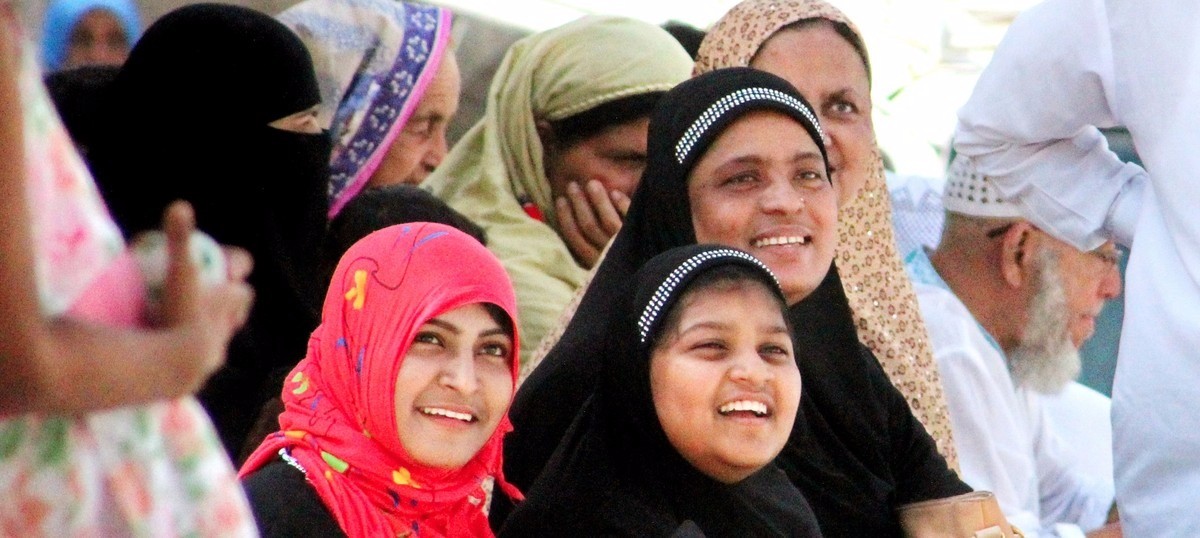Haji Ali Welcomes All With Open Arms

India witnessed another progressive moment in the field of struggle for gender equality. Bombay High Court ruled in the favour of the petitioners who filed against the ban on women’s entry into the inner sanctum of Haji Ali. This is indeed a historic decision taken by Bombay High Court setting a precedent for protecting the freedoms of women from the actions of religious men. Four years ago, the authorities of Haji Ali banned the entry of women. Females were not allowed to touch the tomb of a male saint as they claimed it to be a sin as mentioned in the holy Quran. However, women had prayed at the tomb of Pir Haji Ali Shah Bukhari for 147 years before the dargah authorities suddenly banned them. The claim of the peremptory men stood weakened by history and tradition. Bombay High Court pointed out the state will have to ensure the protection of rights of all its citizens guaranteed under the Constitution and to protect against gender discrimination. But the issue of what is said or not said in the religious texts can be a subject of endless debate.

Earlier the Bombay high court ruled the discrimination in the Shani Shingnapur temple case where the temple’s authorities cited that women should be kept away from the inner sanctum due to the strong vibrations from Lord Shani, which was proved unconstitutional. Credits are also given to the Devendra Fadnavis government who took women friendly step in both the dargah and temple cases. The Haji Ali Sabke Liye movement saw the active participation of men and women irrespective of any religion, standing shoulder to shoulder. India’s Beti Bachao, Beti Padhao campaign will be incomplete if such discriminations on religious grounds tend to continue and the spirit of equality will not thrive.





